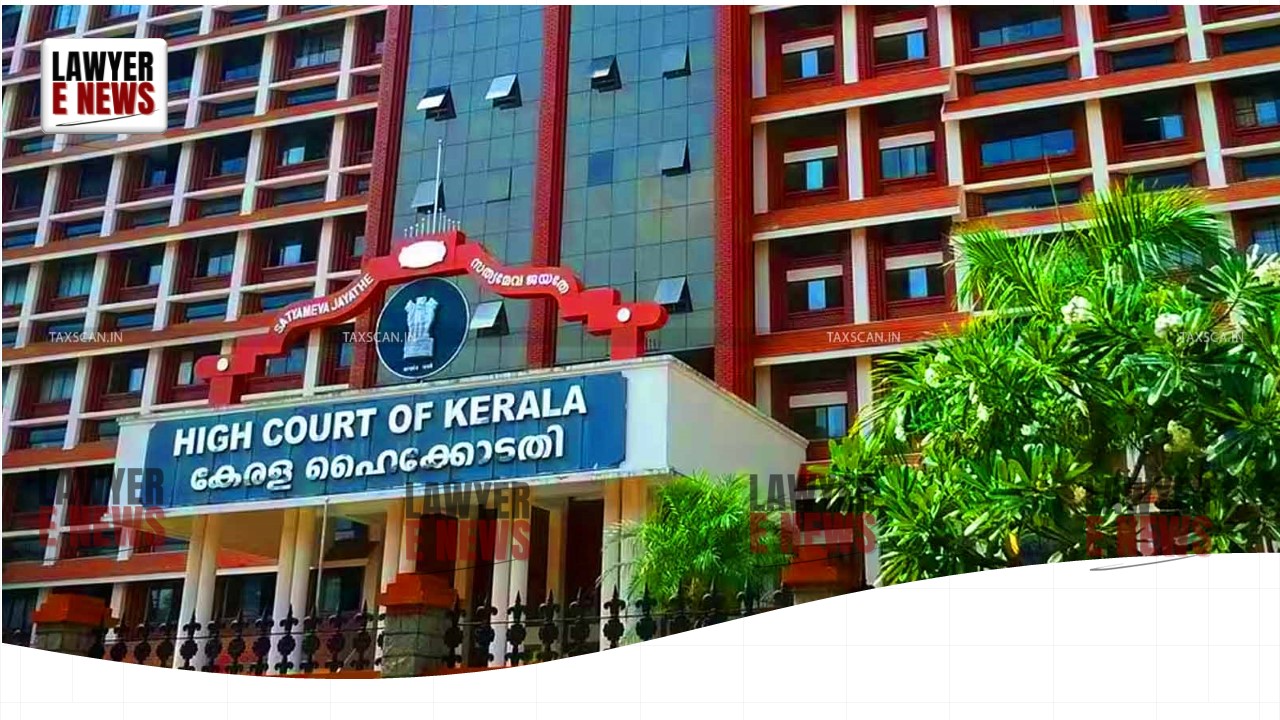-
by Admin
15 February 2026 5:35 AM



Kerala High Court accused in three criminal cases involving alleged fraud and misappropriation at Elamgulam Service Co-operative Bank Ltd. Justice P.G. Ajithkumar ruled that the prosecution had failed to produce sufficient evidence to establish the petitioner’s culpability, leading to his discharge under Section 239 of the Code of Criminal Procedure (CrPC).
The court observed, “The judge is not a mere post office to frame charges at the behest of the prosecution. Judicial discretion must ensure that materials disclose a prima facie case.”
The petitioner, a customer of the bank, was charged alongside ten others, including bank officials, for allegedly conspiring to provide unauthorized bill discounting advances without proper authorization or security. The charges included offenses under Sections 13(1)(c) and (d) read with Section 13(2) of the Prevention of Corruption Act, 1988, and Sections 409, 420, 468, 471, 477A, and 120B of the Indian Penal Code, 1860.
The allegations pertained to three criminal cases:
C.C. No. 13 of 2010: Alleged presentation of a bogus cheque for ₹17,325.
C.C. No. 14 of 2010: An unauthorized advance of ₹6,00,000 was allegedly disbursed.
C.C. No. 15 of 2010: A similar advance of ₹50,000 was made.
The prosecution alleged that the petitioner, in conspiracy with bank officials, facilitated the fraudulent transactions. The petitioner sought discharge on the grounds of lack of evidence, including the prosecution’s failure to produce the allegedly bogus cheque.
Prosecution Failed to Prove Charges of Forgery and Conspiracy
The High Court found that the prosecution had not produced or seized the cheque allegedly drawn on a non-existent branch of Canara Bank in C.C. No. 13 of 2010, nor did it provide any secondary evidence to substantiate the forgery claim. The court ruled:
“When the prosecution fails to produce the original cheque or secondary evidence to prove forgery, the charges collapse.”
The court further noted that the petitioner, as a customer, could not have been aware of internal bank matters, such as whether the bank’s bye-laws authorized bill discounting.
“No Evidence of Conspiracy Against the Petitioner”
In all three cases, the court found no material to support the allegation that the petitioner had conspired with bank officials. It stated:
“The fault in failing to secure the debt or send cheques for collection lies with the bank officials, not with the petitioner. The prosecution’s evidence is insufficient to implicate the petitioner in any conspiracy.”
Standard for Framing Charges Not Met
Referring to the Supreme Court’s rulings in Vijayan P. v. State of Kerala (2010) 2 SCC 398 and State of Gujarat v. Dilipsinh Kishorsinh Rao (2023), the High Court emphasized that charges can only be framed when the prosecution’s materials disclose the ingredients of the alleged offenses. The court reiterated:
“At the stage of considering a discharge application, the court must assess whether the prosecution materials disclose a prima facie case, not merely suspicion.”
Allowing the criminal revision petitions, the court discharged the petitioner in all three cases. It set aside the orders of the trial court that had dismissed the discharge applications and ruled:
“The materials produced by the prosecution fail to establish the petitioner’s culpability or prove the alleged conspiracy. The petitioner is discharged under Section 239 of the CrPC.”
The petitioner is now absolved of all charges in the three criminal cases.
This judgment reinforces the principle that framing of charges in criminal cases requires a prima facie case supported by evidence. The Kerala High Court has emphasized the judiciary’s duty to scrutinize prosecution materials to prevent frivolous or unsubstantiated prosecutions.
The ruling also highlights the importance of protecting individuals from being drawn into criminal proceedings without credible evidence.
Date of Decision: January 22, 2025
